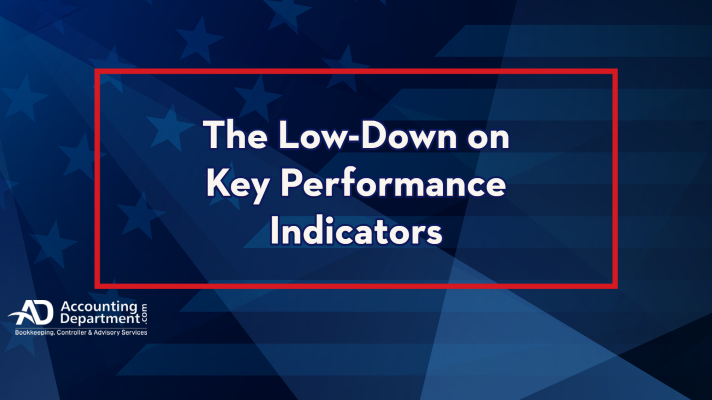We are not in a stable time for employment law.
To be fair, Governments at the best of times rarely resist the temptation to tinker with the law that governs how employees are treated and work and get paid. Add Brexit and three separate prime ministers over the last year into the mix and you see even more.
Here’s a rundown of how we got here and some ideas of how you can prepare for all the change coming.
Brexit has given the Government the opportunity to take a fresh look at workplace rules formally decided in large part by EU case law. The Government has backed down on its more ambitious policy of sunsetting almost all EU-derived law by the end of this year, but are consulting on changes to the Working Time Directive and the law which governs how employees are treated if the business they work for is brought under new ownership – aka Transfer of Undertakings (Protection of Employment) Regulations or (TUPE).
The professed aim of both of these reforms is to cut down on burdensome paperwork while retaining the protections that both of these rules give workers. For the Working Time Directive this might involve not having to count the hours that an employee works so closely – although it is unlikely that businesses will be able to stop collecting this data altogether, if only to comply with minimum wage law. On TUPE the proposed changes are more limited and apply in a very limited set of circumstances – removing the requirement that employees have to elect a representative if they are below a certain size.
But these changes are just the start of what is coming.
The Government have also shown an openness to picking up private members’ bills and supporting them into law – most notably a new law to make sure that workers at businesses that accept tips actually see those tips. This law is passed but its actual mechanics will be worked out in secondary legislation later this year, with the Government expecting it to actually go into force around May of 2024.
You know what else will be happening around that time in 2024? A full-on election campaign. If there is a change of Government – which seems very likely at this stage – then you can expect even more change in employment law, as the Labour party will look to roll back various reforms from the Tories and add some new rules of their own.
This is the nature of workplace law – it is political, and so rarely stays static for long. Accountants and payroll staff who might agree or disagree with the stated purpose of any change have to watch these law changes very closely and often work long hours to keep their clients on the right side of the law. As countless holiday pay court cases have shown, it is not that hard to get things drastically wrong here.
The best way to avoid those long hours is to stay informed and make sure your tools can change rapidly.
Staying informed means not waiting until a new law is about to come into force before starting to think about it. It’s time-consuming – but actually submitting to various consultations on new employment law will make sure you know them back to front, and you could even make them work better. Failing that keeping up with what peak groups for various professions are saying about new bills will keep you fairly across things.
Preparation is also crucial when it comes to software.
If you’re using the kind of software that takes a few hours to update to a new version, or needs to be installed on every new machine using it, then you’re not particularly prepared. Just making sure everyone at your organisation is using the right version of whatever product you are on is then a task in itself – let alone making sure that it is up to date with the latest legislation.
A cloud solution is obviously preferable here, as it will always be up to date and there is no possibility of conflicting files across different users. But not all software products are built the same. The best way to check on whether your current solution is fit-for-purpose is to think back to the pandemic – could it change rapidly to roll out things like the furlough and account for staff working from home? If you found it to be nimble then, it will probably still be nimble now. If it was a headache then, you’ve probably got a lot of headaches due in the future.




